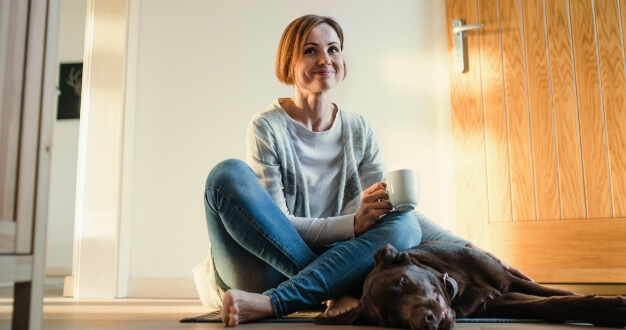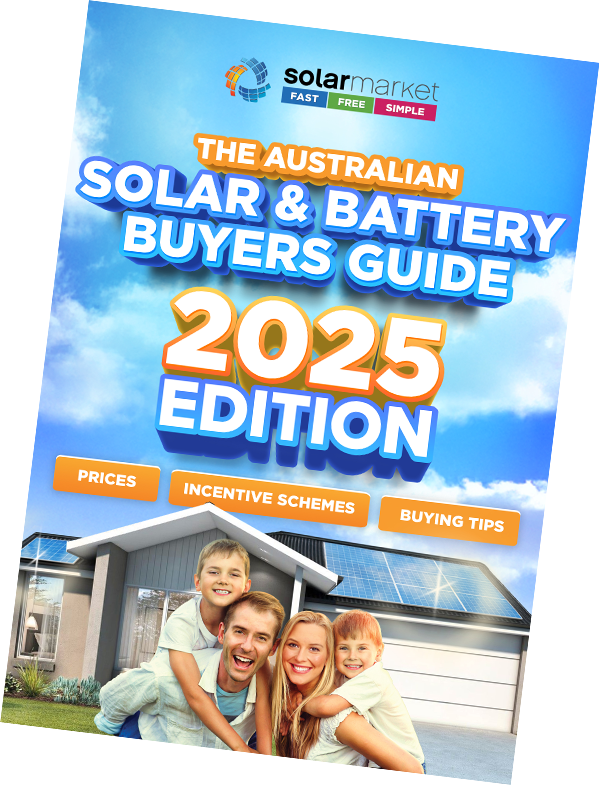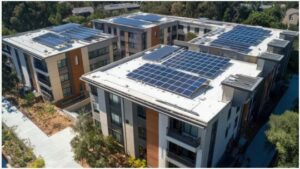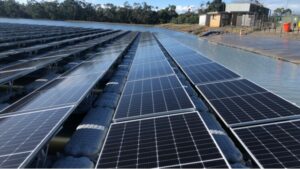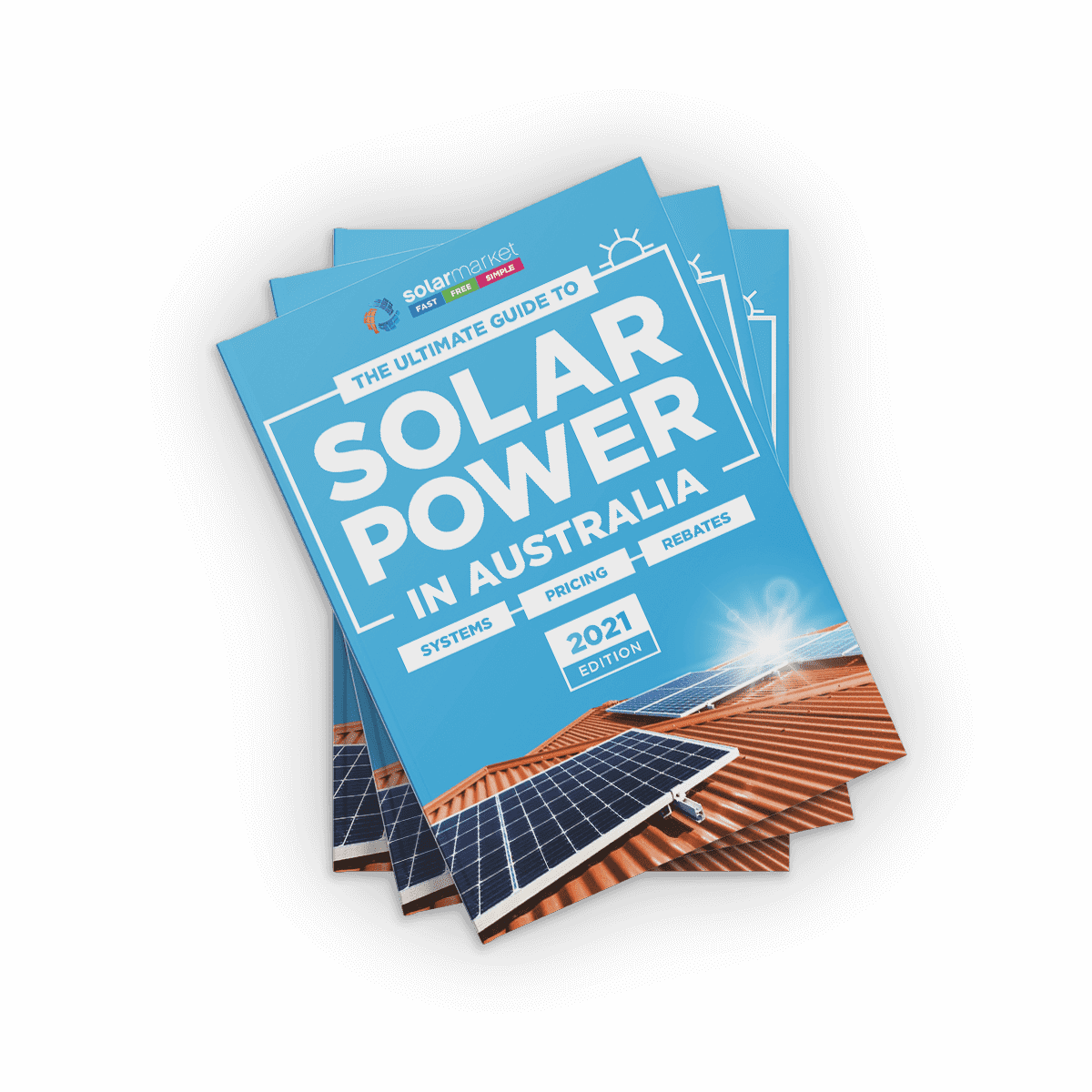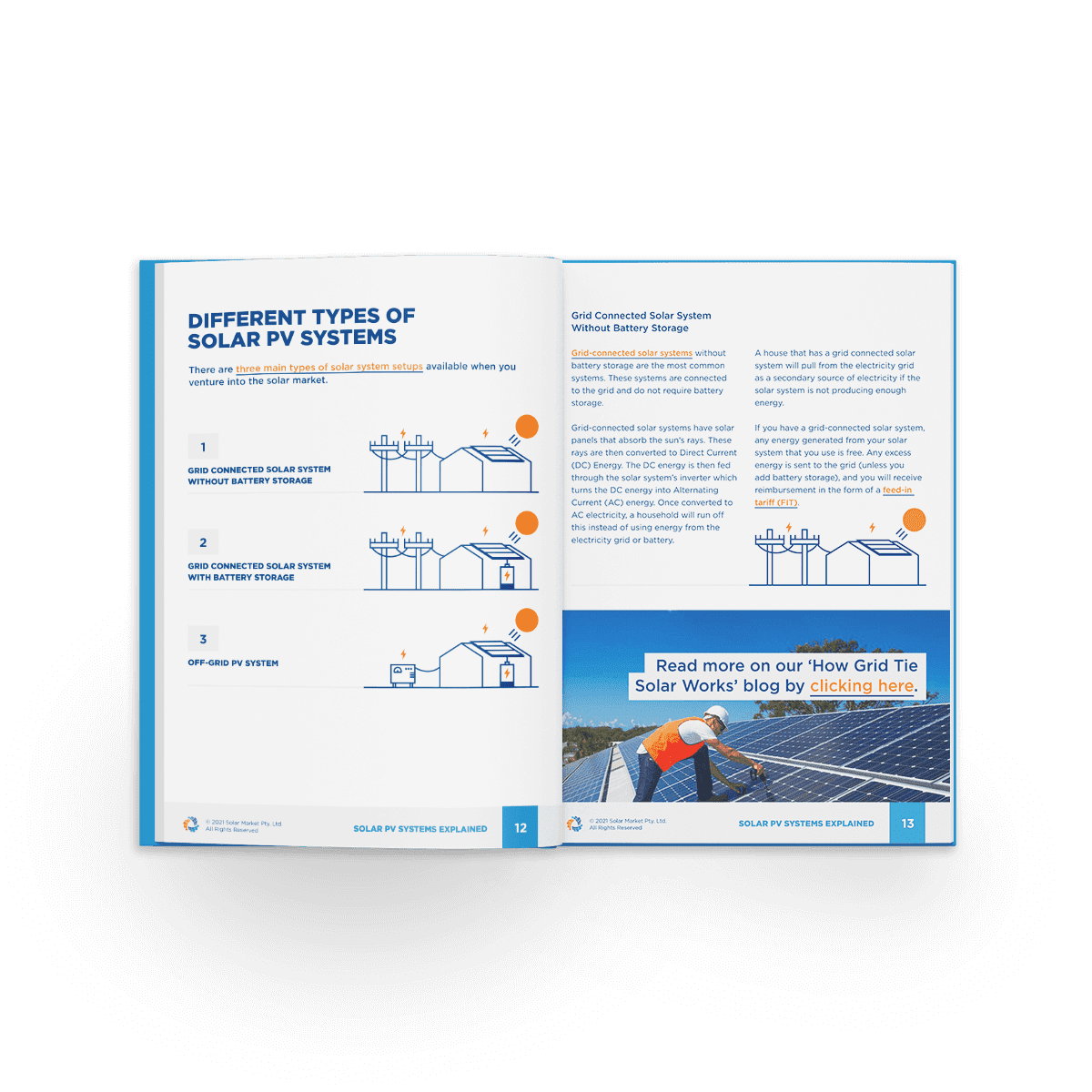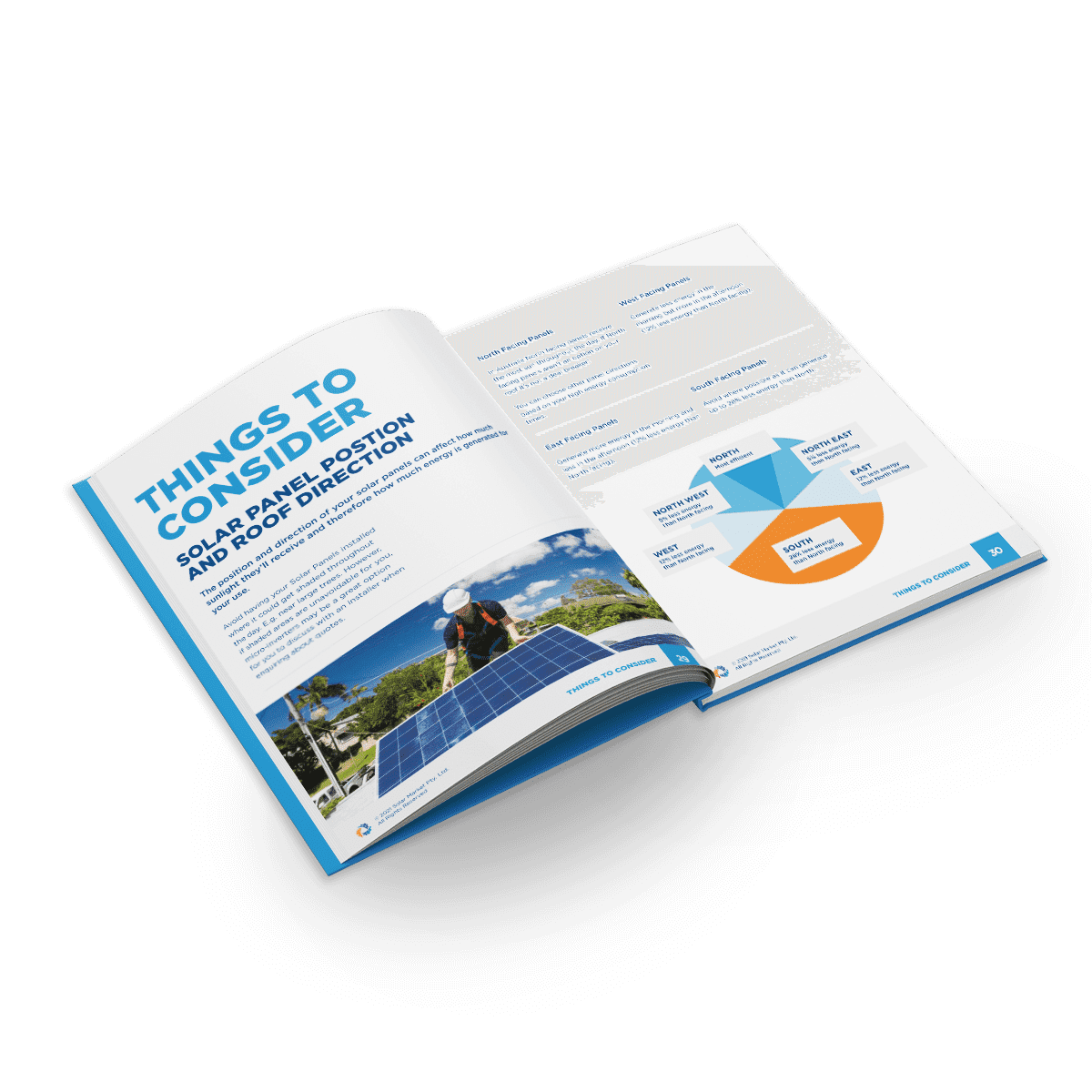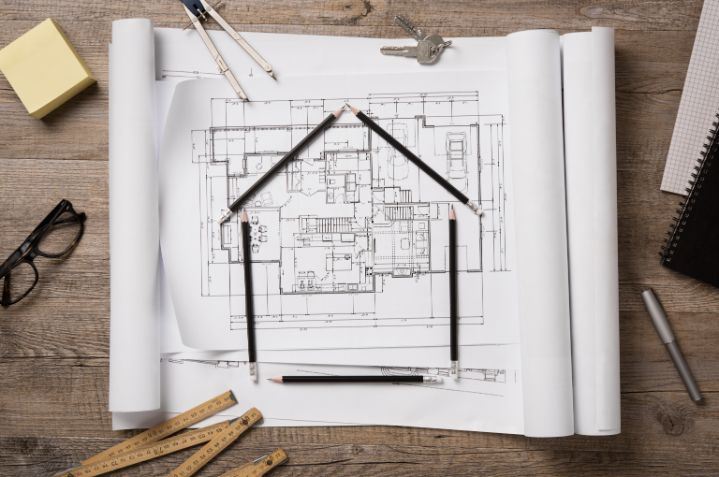
If you’re in the process of planning or building a new home, it’s a great time to educate yourself on how to save money and minimise future electricity costs by installing solar.
By incorporating a solar system in your building plans, you will have the advantage of setting the system up in a way to optimise sun exposure and make the most of its energy generating capabilities. Doing this will greatly assist in minimising your future electricity bills and give you time-saving advantages such as pre-wiring for the system.
Another added convenience is having the option of lumping the payment of your solar system into the cost of your new home build, which can lessen the hit of the upfront expense if you were to wait.
Planning For Solar In Your New Homes Building Plan
The amount of energy you can generate with a solar system and reduce your electricity bills with can be dependent on many factors inclusive of system size, shading and roof design. While you will need to engage with your home builder and a solar provider to ensure your new home plans are suitable for the installation of a solar system, here is some information that’ll benefit you during the planning process.
Shading
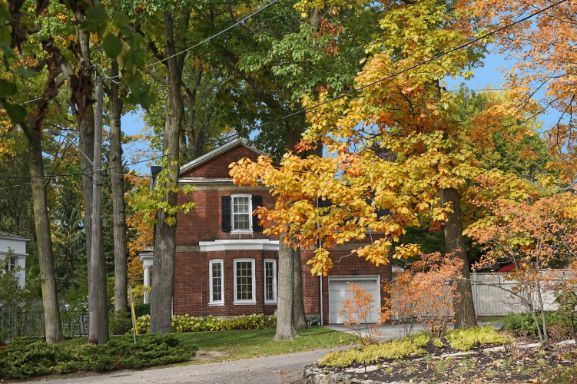
When planning to install a solar system you will want to avoid shading of your roof at any cost. Shading of solar panels on your roof can drastically reduce the production of your system, due to the sunlight being blocked and being unable to reach the solar panels to generate energy.
Things to keep in mind or look out for when wanting to avoid shading of your solar panels:
- Are there any multi-story houses/buildings near or soon to be built that could cause shading?
- Are there large trees or hills in your surrounding area that could cause shading?
- Are you planning to have a chimney, satellite dish or air conditioning unit installed on your roof that could obstruct your panels or cause shading?
If shading of your roof is unavoidable but is only partial or at certain times of the day, consider the following tips to maximise your sun exposure and avoid spending money on panels that won’t generate much energy.
- Position solar panels only on the non-shaded areas of your roof
- Install micro-inverters which will optimise individual panels and prevent shaded panels bringing down the complete output
TIP: Whilst shading early in the morning or late afternoon isn’t the end of the world, you don’t want shade across your panels at midday as the panels should be at their optimal performance during this time of the day.
Roof Design & Size
Generally speaking, almost all roofs are suitable for installing solar panels. That being said there are roof designs that are better for optimising sun exposure, as well as being easier and cheaper to install solar panels on.
Design
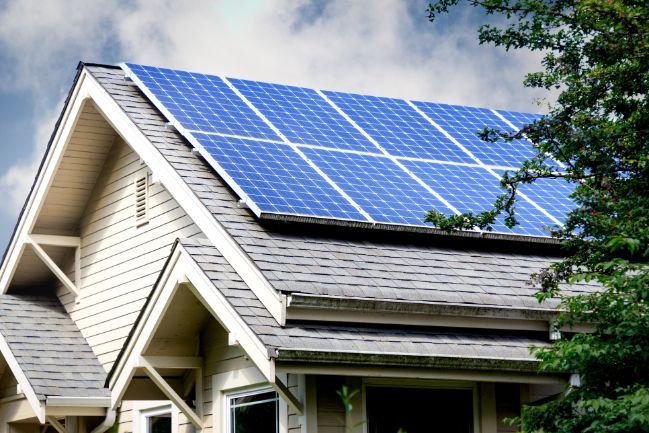
Hip Roof
A hip roof is structured so that it has a high point in the middle of the roof and all sides slope downwards to the walls, forming a triangle shape. The advantage of a hip roof when installing solar is that you have two options for the direction of your solar panels or can place solar panels on both sides to optimise sun exposure. The con here is that depending on what time of the day it is one side will be shaded.
Skillion Roof
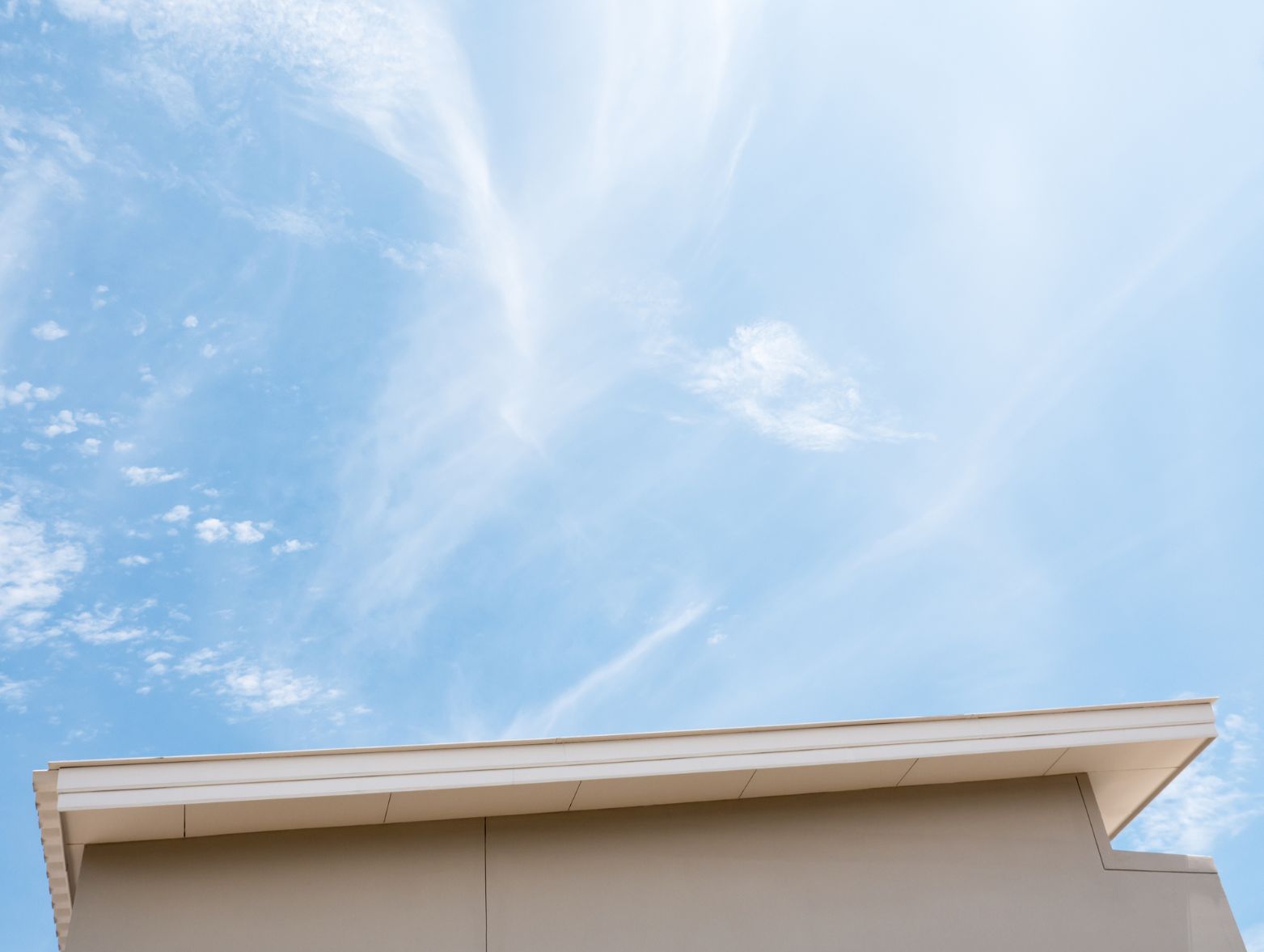
A skillion roof slopes from one side to the other, basically like a tilted flat roof. This can provide maximum sun exposure to your solar panels at certain times of the day but can also result in complete shading at other times. What time of the day will be dependent of whether your roof and panels are facing North, East, South or West.
- NORTH Facing Panels – Receive the most sun throughout the day
- EAST Facing Panels – Generate more energy in the morning and less in the afternoon (12% less energy than North facing)
- WEST Facing Panels – Generate less energy in the morning but more in the afternoon (12% less energy than North facing)
- SOUTH Facing Panels – Avoid where possible as these generate up to 28% less energy than North
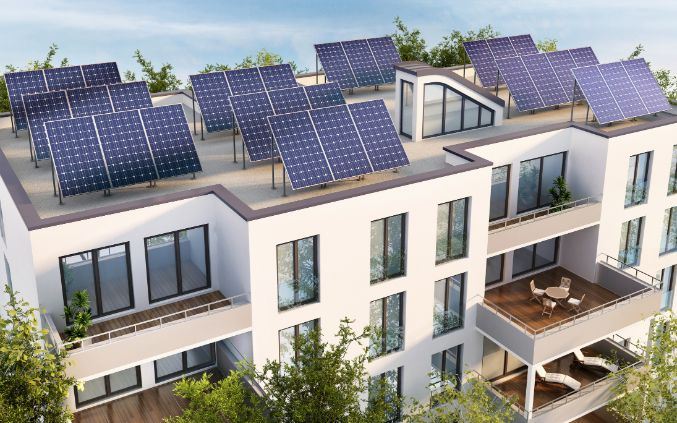
Flat Roof
A flat roof has no slopes or angles. Having your solar panels placed at no angle or direction on a flat roof is not ideal. However, a flat roof gives you the opportunity to have tilt frames installed at the best angle and direction for your solar panels to get the maximum exposure to the sun.
Read more on best roof designs and makes for installing solar here!
Size
If you’re installing solar with the intent of minimising future electricity bills, then you will want to ensure your roof has the capability of holding a sufficient amount of panels to cover your energy usage. When deciding on the most suitable system size for your energy needs it’s best to speak to installers about your past energy bills and usage, however you can get an idea of the amount of panels needed for the typical residential size system on the below table.
| System Size | Number of Panels | Estimated Production Annually |
| 5kW | 20 | 7,100 kWh |
| 6.6kW | 26 | 10,600 kWh |
| 7kW | 28 | 9,909 kWh |
| 10kW | 36 | 14,380 kWh |
| 12kW | 48 | 16,900 kWh |
Pre-Wiring For Your Solar System

As mentioned earlier if you can have your electrical wiring done early on, prior to your drywall being completed it will save time, labour costs and will mean you can avoid any unappealing wires showing.
Planning the wiring for your solar system will also mean you can map out the most ideal location for your inverter, ensuring it is near the switchboard and in a setting that complies with the warranty.
Plan Ahead To Save Money And Time
Incorporating the installation of a solar system into your building plans has the benefits of saving time, costs and will set you up for optimal system production and minimal electricity bills in your new home.
To ensure you can maximise on this, you’ll want to learn what system and setup is going to work best for your household and engage with different Solar Providers who can tailor quotes to your needs.

